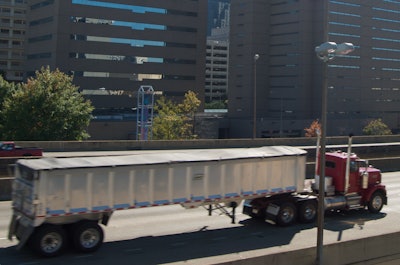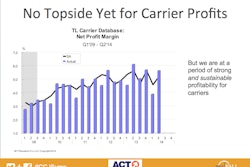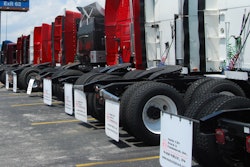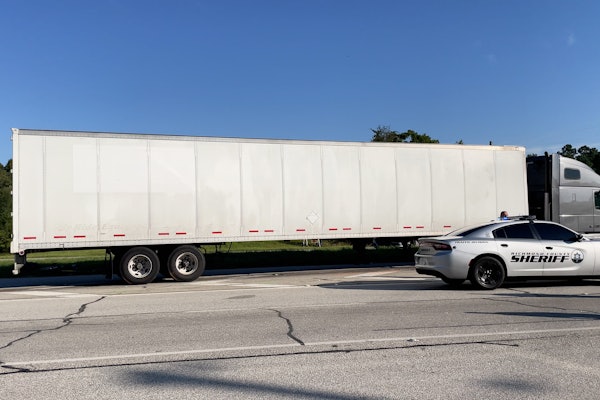
U.S. transportation services enjoyed growth as trucking and rail experienced capacity constraints. Some districts were optimistic about future activity, while national economic growth has remained steady in recent months, according to the Fed’s Oct. 15 Beige Book.
The FRB gathers anecdotal information from bankers, economists and market experts for what is commonly known as the Beige Book. It publishes summaries of this information from the nation’s 12 districts eight times per year.
Richmond, Minneapolis and Kansas City districts reported difficulty hiring truckers and some districts reported rail capacity constraints attributed to more shipments and bottlenecks.
Cleveland District noted freight volume has expanded and modest to robust year-over-year growth. Trucking and rail contacts said insufficient capacity is a major issue and were concerned about the freight-transport system handling this year’s historically high grain harvest.
New truck and rail car costs are rising and delivery times are sometimes longer. One contact reported rail carriers are reluctant to contract for shipments of less than five carloads, which hurts small manufacturers. Projected capital spending for fiscal year 2015 is mainly for equipment replacement.
Regulatory requirements also are contributing to higher costs. District trucking companies are hiring truckers, both to replace drivers and add capacity. Most carriers want more capacity, but are having difficulty hiring truckers, according to the report. Freight transportation and manufacturing payrolls experienced mild increases while freight haulers reported “upward pressure” on wages.
Minneapolis District noted rail capacity constraints have increased demand for trucking services. Richmond District ports said some softness in exports was because of trucker shortages and bottlenecks slowing the movement of inland cargo to ports.
Atlanta District trucking companies found strong freight demand through September and some St. Louis District freight firms reported plans to expand.










